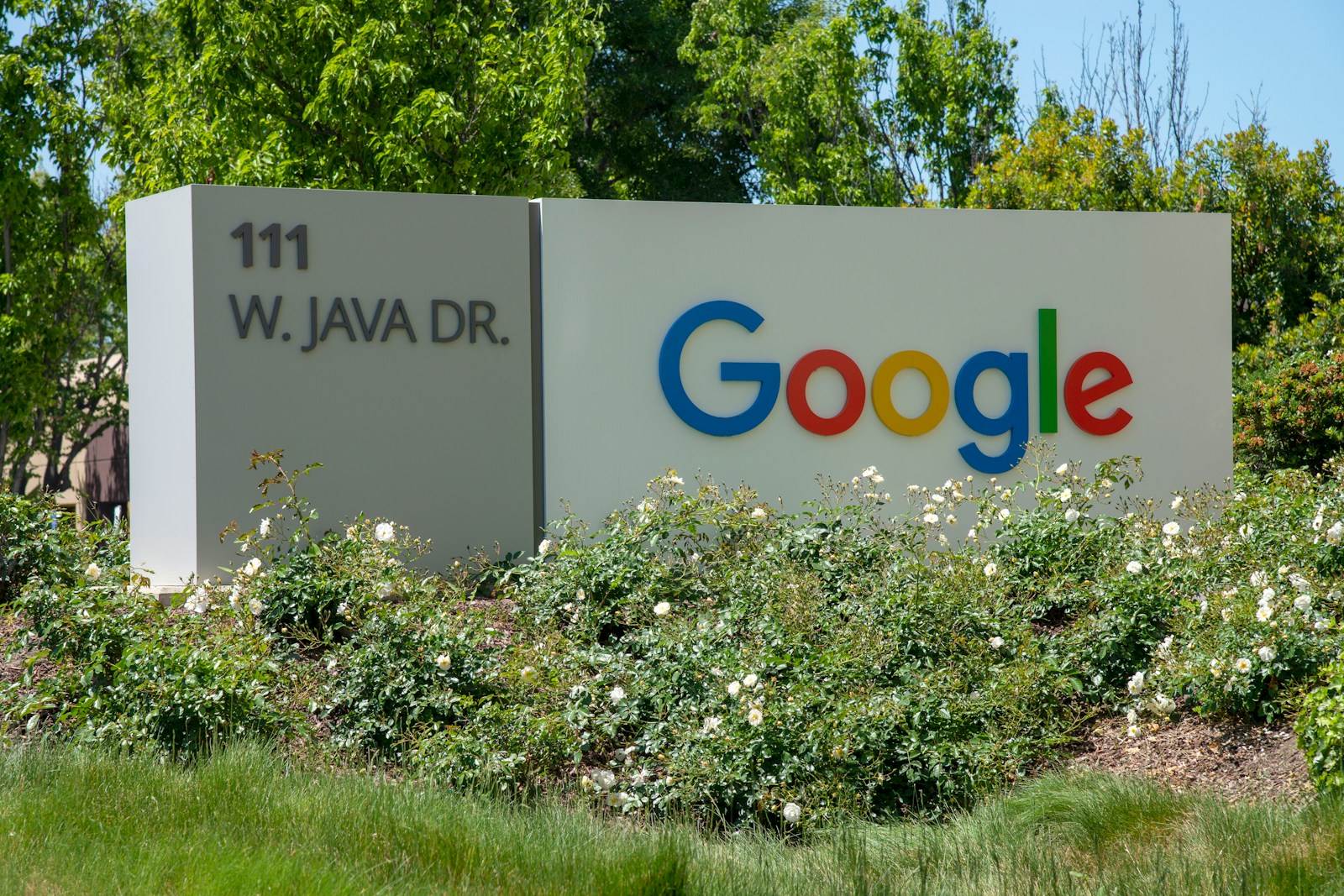While many are eager for a recovery, Google’s latest announcement suggests that those hoping for a quick fix may be in for a reality check.
This article explores the key insights shared by Google during their Web Creator Summit, where they addressed concerns about traffic recovery, content quality, and larger sites manipulating search rankings.
Read on to understand what this update means for your website and how to adapt to these ongoing changes in search.
Key Takeaways from Google’s Web Creator Summit
No Promises for Traffic Recovery
According to Google, the upcoming update won’t necessarily restore lost traffic. Danny Sullivan, Google’s Public Liaison for Search, acknowledged that some sites won’t recover from the latest algorithm changes, even after this update.
He noted, “I can’t also give you any guarantees about recovery or not; I think that would not be responsible for me to say this.” This statement underscores Google’s stance: the algorithm will continue to evolve, but there are no guarantees for sites negatively affected by previous updates.
Takeaway:
- Google’s updates are iterative and unlikely to reverse prior declines for most sites.
- Rather than expecting instant results, consider diversifying your traffic sources to mitigate these fluctuations.
Content May Not Be the Only Issue
Surprisingly, Google revealed that content quality wasn’t necessarily the problem for some of the sites impacted by the Helpful Content Update (HCU).
Sullivan explained that “content was not the issue,” indicating that other factors, perhaps site structure or user experience, may play a role. He added that Google is aware of how some larger sites have learned to manipulate rankings, which has disadvantaged smaller content creators.
Takeaway:
- Ensure your website meets Google’s broader E-E-A-T (experience, expertise, authoritativeness, and trustworthiness) standards and optimizes beyond content alone.
- Focus on site quality, technical SEO, and a better user experience to align with Google’s evolving expectations.
Google’s Shift Toward Real Content
With the rise of AI-generated content, Google has introduced policies to prevent AI from dominating search results, favoring “real content” from actual creators.
One of Google’s engineers commented, “To the extent we have AI content trying to swarm results, we launched a new policy in March around this sort of thing, and we have a great motivation to surface real content.” This policy shift emphasizes Google’s desire to prioritize authentic, human-generated content over machine-produced text.
Takeaway:
- Prioritize human-authored content that provides unique insights and value to readers.
- Use AI to enhance content creation but avoid over-relying on it as a primary content source.
Action Steps for Content Creators
- Diversify Traffic Sources
Given Google’s unpredictable updates, many summit attendees suggested that creators diversify their traffic sources. Building a presence on social media platforms, investing in email marketing, and exploring partnerships can help reduce dependency on Google for traffic. - Refine Site Quality and UX
Sullivan highlighted the importance of user experience, advising creators to focus on improving overall site quality. This means optimizing site speed, making navigation intuitive, and ensuring content is easy to read and valuable to users. - Stay Engaged with Google’s Guidelines
Google encouraged creators to keep up with changes to its guidelines, especially as it refines its algorithm. Engaging with Google’s search updates and being part of the feedback loop—by reporting issues or changes—can also be beneficial.
Conclusion
While Google’s latest algorithm update may not bring the recovery many site owners hope for, it offers valuable insights into how the search landscape is evolving.
Focus on site quality, user experience, and authentic content to stay aligned with Google’s preferences. Although recovery isn’t guaranteed, adapting to these insights can strengthen your long-term visibility.




